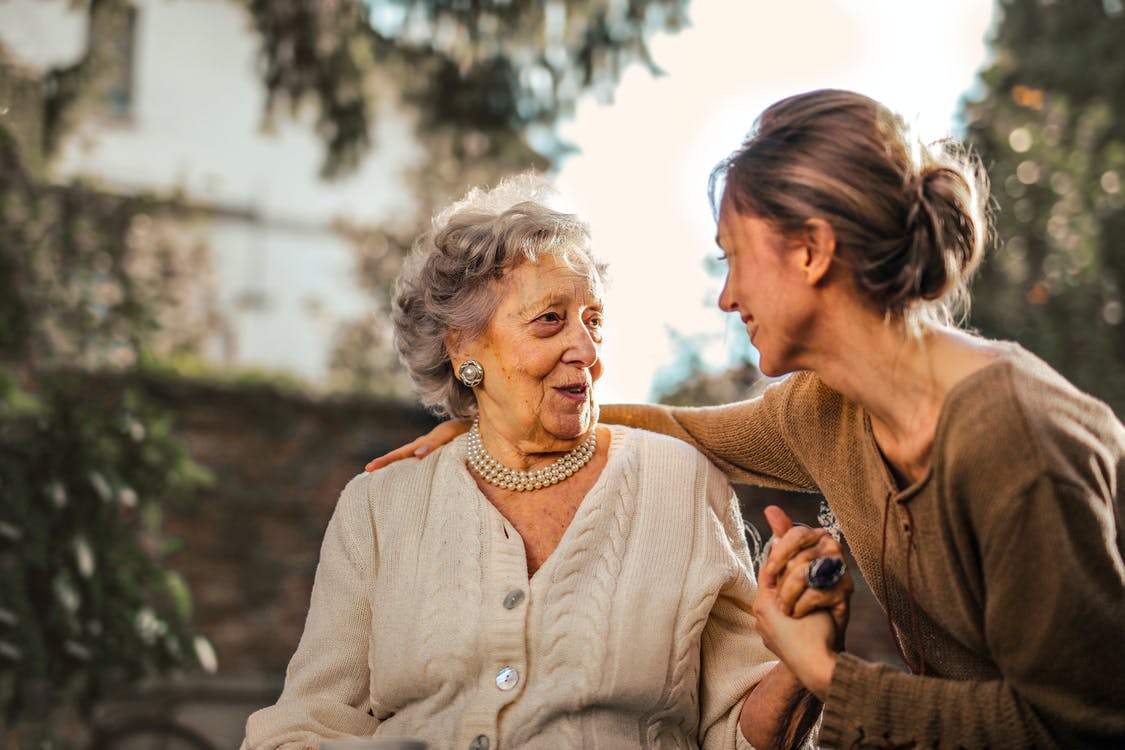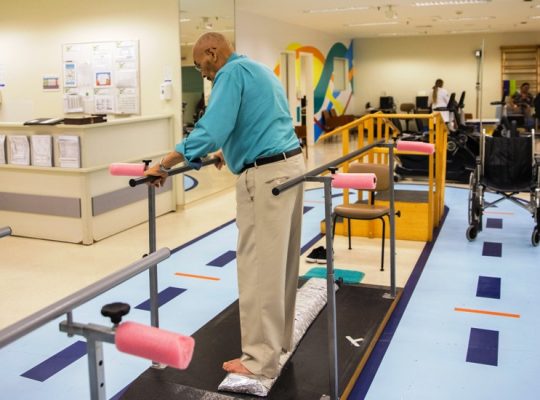What Is a Foster Family for the Elderly
The number of older adults has increased significantly in recent years. Due to the evolution of society, the accommodation of the elderly is becoming a problem. Foster care for the elderly represents an intermediate solution between staying at home and institutionalization. What is foster care, and what are its advantages and limitations? We will tell you everything here.
What is a foster family for the elderly?
Accommodation under the supervision of an agreement
Foster care is a form of temporary or long-term accommodation currently being developed. It is offered by foster carers and approved by the departmental council for a specific period.
The approval specifies the number of people who can be accommodated (3 maximum) according to the profile and configuration of the accommodation, which must meet a certain number of standards (doors wide enough to allow a wheelchair to pass, for example).
The older adult must have an independent room and private facilities. For a fee, the host family provides room, board and laundry during the day and night. The foster carer must also adapt to the person’s needs and support them in a personalized project.
Good to know: the Departmental Council carries out checks and provides social and medico-social monitoring of the elderly.
Participatory accommodation
The older person participates in family life and shares the family’s meals. The older adult can be accompanied outside for appointments or outings that allow them to keep up their activities and social ties. They have access to standard rooms (living room, dining room, kitchen, bathroom), which must not be dangerous.
Foster care requires a contract to be drawn up between the older adult and the foster carer: it sets out the fostering conditions by specifying the human, material and financial requirements. The price is freely negotiated but must consider a minimum statutory rate.
The advantages of foster care
A supportive and stimulating presence
Foster care is an intermediate solution for people who can no longer live alone but are not yet too dependent.
The foster carers can help them with everyday tasks (getting up, going to bed, washing). This supportive and stimulating presence allows them to live in a family setting, closer to their habits, and to benefit from personalized support (the foster carer knows the person’s habits and wishes well, which is an undeniable advantage in his or her support).
Breaking isolation and creating intergenerational links
Foster care allows the elderly to break their isolation: the lively atmosphere that generally prevails within a family helps them to maintain their independence.
Foster care helps to re-establish intergenerational ties between the person being cared for and the family.
Good to know: in the context of a foster family, the elderly person can feel more secure and allow him or herself to carry out actions that he or she would not have considered doing alone at home for fear of falling or putting himself or herself in danger.
A flexible and adaptable arrangement
Foster care is a flexible formula that adapts to situations. It is not only permanent and full-time.
Temporary foster care can be used as a place to heal between hospitalization and return home while waiting for a full recovery. It can also occur during relatives’ absences (hospitalization, holidays).
Good to know: foster care can also be envisaged part-time, according to different rhythms (1 or 2 weeks per month, every other week).
The limits of foster care

The difficulties encountered by the foster carer
The foster carer must be able to be replaced when taking leave.
Given the promiscuity, the foster carer and the older adult will have to make efforts to create friendly and even emotional relationships. It is not always easy to get along with someone. Moreover, the relationship may become more complicated the day the fostered person becomes more dependent.
Difficulties encountered by the elderly person
The older adult may feel that he/she is not free because he/she may be subject to controls by the Departmental Council and because the foster family is responsible for him/her, he/she also lives under their supervision.
A specific type of foster care: therapeutic foster care
This involves fostering people suffering from mental disorders, whether or not they are elderly. In this case, the family is approved by a psychiatric establishment.
Foster care is a specific form of hospitalization, i.e. it aims to encourage the restoration of relational capacities and autonomy.
Becoming a foster family
The foster carer must undergo an initial training course lasting one week or more, which covers various points to obtain approval. For instance:
– the role and position of the foster carer
– knowledge of the needs of the elderly and disabled person
– problems related to ageing and disability
– the limits of the carer’s actions.







